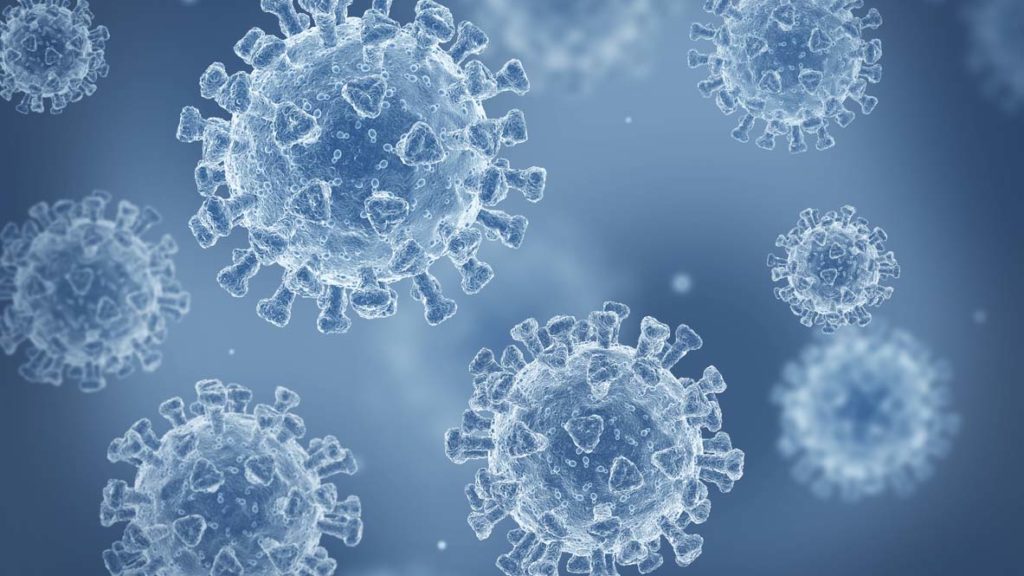Did you know that there have been nearly 600 million cases of COVID worldwide? Unfortunately, the complications associated with this disease don’t always end after you begin testing negative. Long-term post COVID conditions are known as long haul COVID, and they can be notably difficult to manage.
So, what is long haul covid? We’ve put together a brief guide about the lingering COVID symptoms you need to be aware of.
Let’s get started.
What Is Long Haul COVID?
As previously mentioned, long haul COVID is a term used to describe the long-term complications and symptoms associated with COVID-19. It’s important to note that not everyone who contracts COVID will experience long haul COVID symptoms.
In fact, most people will recover within a few weeks without any lasting effects. However, some people may find that their symptoms linger for months – and in some cases, even years.
The good news is that researchers are continuing to study this condition and its effects on the human body.
What Are the Symptoms of Long Haul COVID?
Primarily, long haul COVID symptoms tend to fall into three broad categories:
- Respiratory problems
- Neurological problems
- Cardiac problems
However, it’s important to note that these are just the most common symptoms associated with long haul COVID.
In reality, this condition can cause a wide range of symptoms, including (but not limited to) fatigue, anxiety, depression, brain fog, and memory problems. These symptoms may be so severe that they significantly interfere with a person’s ability to live their life normally.
As such, it’s important to be aware of the potential symptoms of long haul COVID and to seek medical help if you think you may be experiencing them.
What Causes Long Haul COVID Symptoms?
At this time, researchers are still working to understand the precise cause of long haul COVID symptoms.
However, they believe that these symptoms may be caused by continuing inflammation in the body even after a person has recovered from COVID-19. In some cases, this inflammation may be caused by an overactive immune response to the SARS-CoV-2 virus.
In other cases, it may be caused by damage to the body’s cells and tissues that occurs during the initial infection.
How Is Long Haul COVID Treated?
Unfortunately, there is no universal answer when it comes to how to treat long haul COVID. The treatment for long haul COVID will vary depending on the individual’s symptoms and the severity of those symptoms.
Doctors may recommend a combination of medication and lifestyle changes. For example, someone who is experiencing fatigue might be advised to get more sleep and to exercise regularly. In other cases, more aggressive treatment may be necessary.
For example, someone who is experiencing shortness of breath might need to be treated with oxygen therapy. It’s important to work with your doctor to develop a treatment plan that is right for you. Remember, the goal of treatment is to help you manage your symptoms and live as normal a life as possible.
As providers at Blue Sky MD Health, we’ve seen success treating patients with long COVID through a handful of simple supplements to boost mitochondrial health.
The nagging fatigue and exhaustion that comes with long COVID is partly the result of damage to mitochondria. Supplements we generally recommend include:
- CO-Q10
- Alpha-Lipoic Acid
- Acetyl-l-Carnitine
- D Ribose
We carry these supplements in our online store, but we do recommend scheduling an appointment or consulting with your primary care physician to determine the right ones for you.
What Percentage of People Experience Lingering Symptoms?
At this time, it’s estimated that up to 30% of people who contract COVID-19 will experience long haul COVID symptoms.
However, this number may change as researchers learn more about the condition. If you think you may be experiencing long haul COVID symptoms, it’s important to seek medical help.
These complications could lead to further issues later on without the proper medical attention.
How Can I Protect Myself Against COVID?
There are a few things you can do to protect yourself against COVID-19. One of the primary ones is to get the appropriate vaccinations.
Another is to wear a face mask and practice social distancing when around others. You should also wash your hands regularly and avoid touching your face. Additionally, it’s important to clean and disinfect surfaces that are frequently touched, such as door handles and countertops.
How Long Is COVID Expected to Last?
At this time, it’s unclear how long COVID-19 will continue to affect the population. However, experts believe that it will likely be around for some time.
Additionally, new variants of the virus are continually emerging, which could potentially prolong the pandemic. As long as you take the appropriate measures to protect yourself, it is unlikely that you will encounter complications in the future.
Can Long Haul Symptoms Last Forever?
In the vast majority of cases, long-haul COVID symptoms will eventually dissipate. However, there isn’t much research on the longevity of the symptoms that many people experience.
Additionally, some people may experience long-term complications from the virus, such as damage to the lungs or heart. In rare cases, these complications can be fatal. The good news, though, is that most people who experience long haul COVID symptoms will eventually make a full recovery.
What Are The Chances of Getting Long Haul COVID?
At this time, it’s estimated that up to 30% of people who contract COVID-19 will experience long haul COVID symptoms. While these numbers may seem jarring, not everyone who has long haul COVID symptoms will experience them for an overly extended period of time.
So, while the chances of getting long haul COVID are not insubstantial, chances are that someone affected will end up being fine sooner rather than later.
Understanding Long Haul COVID Is Easier Than It Seems
Although the term long haul COVID might be new, the condition itself isn’t all that uncommon. Many people experience long-haul symptoms after battling other viruses, such as the flu.
Keep this answer to “what is long haul COVID?” in mind so that you can take action when necessary. Looking for more information about how we can help you manage lingering COVID symptoms? Feel free to reach out to us today to schedule an appointment.





